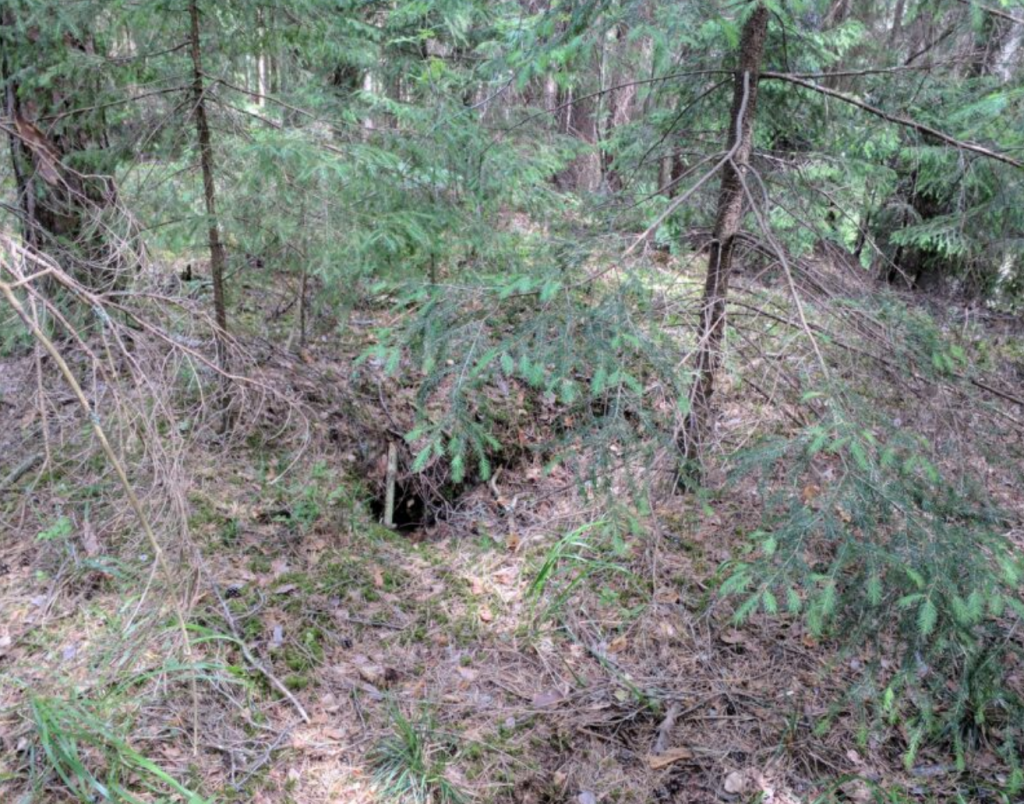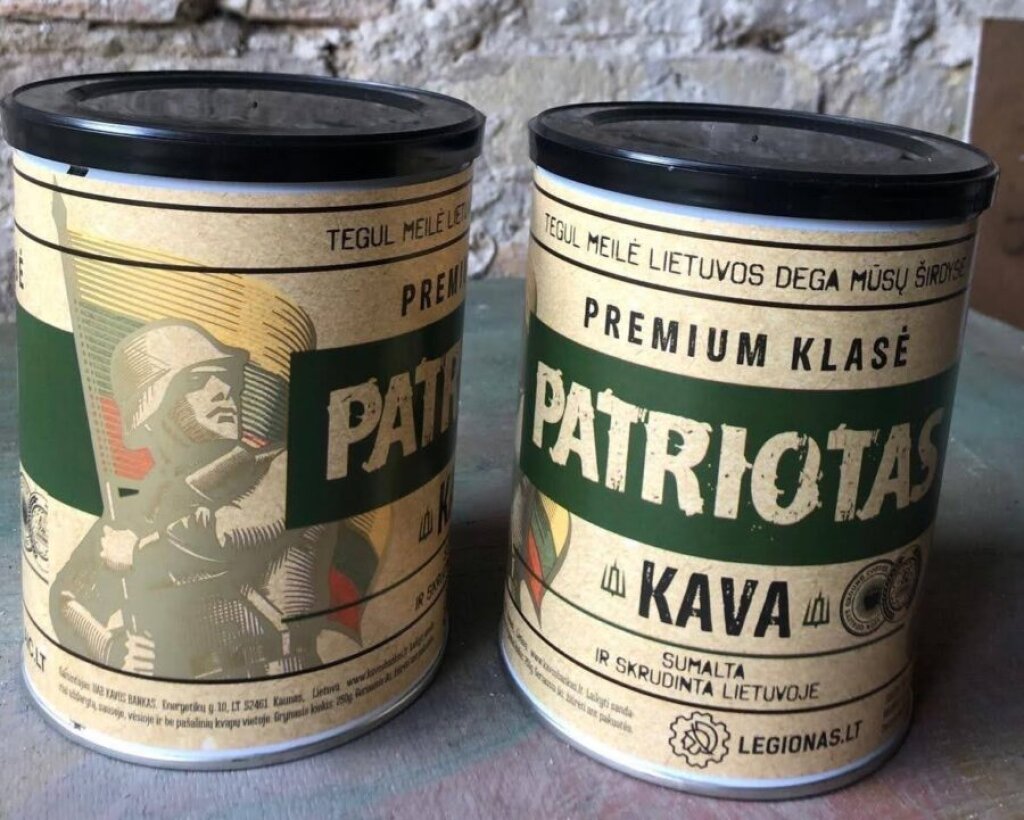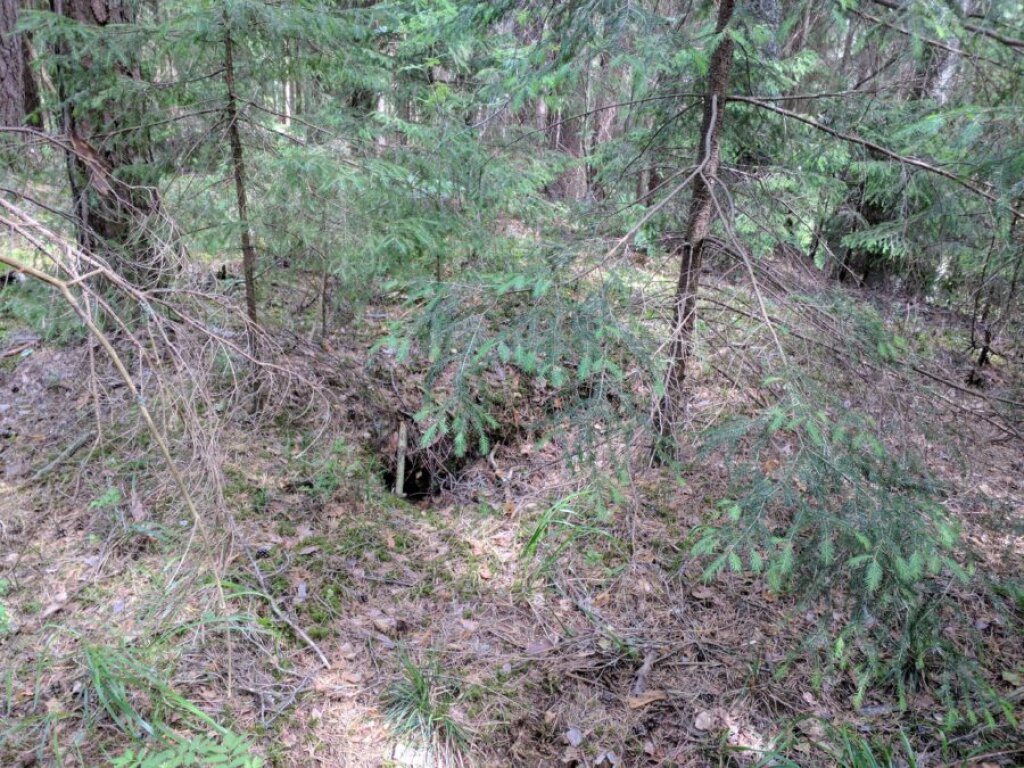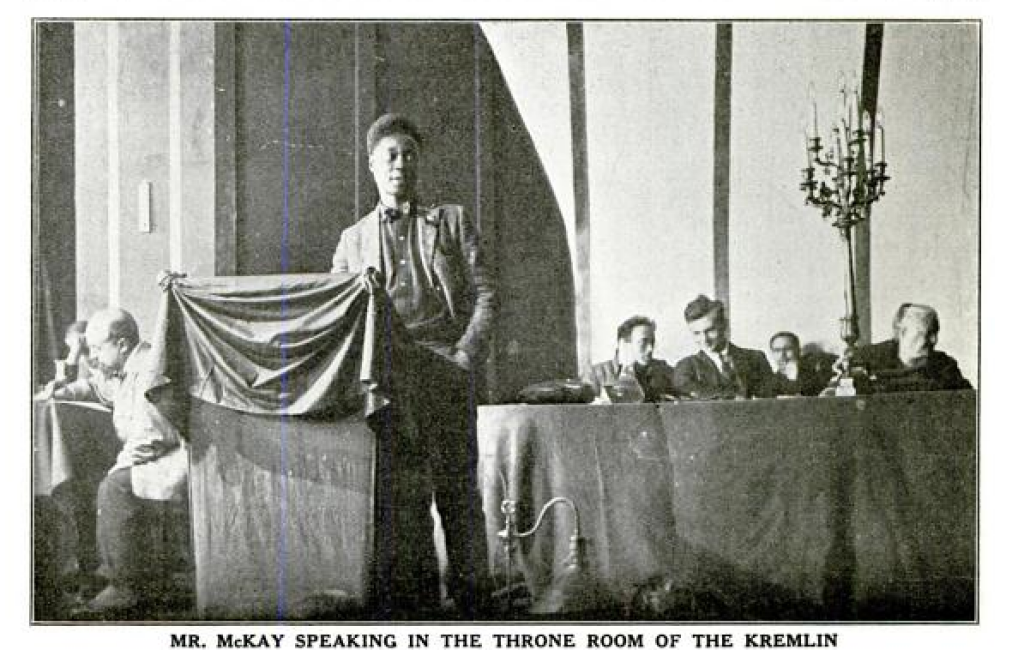The Jordan Center stands with all the people of Ukraine, Russia, and the rest of the world who oppose the Russian invasion of Ukraine. See our statement here.
This post features the Social Sciences Grand Prize winner in the Jordan Center Blog's third annual Graduate Student Essay Competition.
Aimee Herring is a PhD candidate in Linguistic Anthropology at the University of South Carolina. Her research interests include migration, language, identity and belonging with a focus on the Baltic region.
Lithuania, once stereotyped in the Western popular imagination as a lawless backwater home to the likes of Hannibal Lecter and human traffickers, has lately enjoyed no small amount of international esteem as a small but valiant defender of democracy. It has expelled Chinese diplomats in favor of a Taiwanese Representative Office, despite Chinese economic retaliation. It has become home to a number of Belarusian and Russian dissidents. Finally, it has provided extensive political and material support to Ukraine in the fight against Russian imperialism.
At the same time, Lithuania has become rather notorious for its harsh response to an influx of would-be asylum seekers from the Middle East and Africa. This response includes the recent passage of a law codifying migrant pushbacks under an indeterminate state of emergency and allowing volunteer “sponsors” from around the European Union to assist Lithuanian border guards in defending the border from so-called “irregular migrants.”
Why such an illiberal response from such an ostensible defender of democratic and liberal values? Anthropologist Neringa Klumbytė has observed that Russia’s 2014 annexation of Crimea provoked a siege mentality in Lithuania, given its history of Russian occupation and trauma under the Soviet regime. When Belarusian dictator Aleksandr Lukashenko began making good on his May 2021 threat to allow the free movement of migrants into the EU in response to sanctions, the sense of danger was only exacerbated. The heavily forested Lithuanian/Polish-Belarusian border became ground zero for Belarus’ strategic use of mass migration, a tactic that has been condemned as an act of hybrid warfare by both Lithuania and the EU.
I would like to suggest that Lithuania’s harsh response to "irregular" migration is informed not only by a siege mentality and a context of hybrid warfare, but also by a chronotope of partisan resistance circulating within the Lithuanian popular imagination. The concept of chronotope originated with Russian literary critic Mikhail Bakhtin. It has since been taken up within linguistic anthropology to denote time-space configurations that inform not only literary, but also cultural or societal narratives.
Following the Second World War, thousands of Lithuanians engaged in armed partisan resistance against the Soviets in a Baltic-wide effort known as the Forest Brothers. Always celebrated, in recent years the figure of the partisan has come to renewed prominence. A book celebrating famed partisan hero Ramanauskas-Vanagas was released in 2018, and his remains coincidentally located in a mass grave not long thereafter. The author of I am Vanagas—historian and current defense minister Arvydas Anušauskas—helped publicize a national campaign to light candles commemorating local partisans on the national holiday of All Saint’s Day. NATO released a short film celebrating the Forest Brothers movement in 2017. Given the preparation for a Russian invasion that began following its annexation of Crimea in 2014, and the anxiety provoked by the imminent invasion of Ukraine, it was no surprise that the Lithuanian biathlete team was outfitted as partisan resistance fighters for the 2022 Winter Olympics.
Well over a year into Russia’s invasion of Ukraine, one can purchase coffee in a Patriotas can featuring the image of a valorous Lithuanian soldier from the Second World War.
The circulation of the partisan chronotope invites the support of, if not actual participation in, a renewed partisan resistance.
Lithuanian forests are also filled with physical reminders of prolonged partisan warfare such as bunkers, trenches, and partisan graves and memorials, which serve as signs in the landscape invoking these circumstances.
This forest chronoscape and the circulating chronotope of partisan warfare might help explain Lithuania’s heavy-handed response to the presence of “irregular migrants” at its Eastern Border. The unfortunate migrants and asylum-seekers emerging from the Belarusian forest and making their way to the Lithuanian border find themselves embroiled in a context, history, and set of relationships from which they cannot easily extricate themselves: that of resistance to invasion and partisan warfare. Unlike Belarusian dissidents or Ukrainian refugees, migrants from the Middle East and Africa are understood as weapons of Russia’s proxy, Lukashenko. In this theater of hybrid warfare and partisan resistance, their roles have already been assigned.






